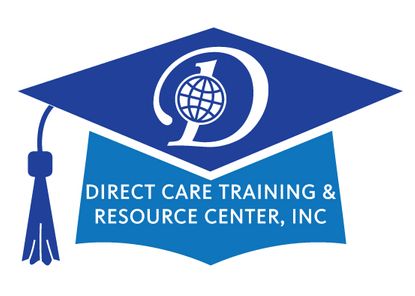 From Georgia to Nevada regulators are making accommodations for what some consider a less traditional approach to adult day services. For a generation we have viewed adult day care as a larger program, typically operating in a commercial building. If you read some of the program requirements offered by State Offices of Services to the Aging you will find language that even supports or mandates that,
From Georgia to Nevada regulators are making accommodations for what some consider a less traditional approach to adult day services. For a generation we have viewed adult day care as a larger program, typically operating in a commercial building. If you read some of the program requirements offered by State Offices of Services to the Aging you will find language that even supports or mandates that,
Let’s be clear these programs have value and likely always will. Their barrier free showers, on-site physician care, open space rehabilitation areas and more create an environment that can truly service the whole person.
Even with the value these programs offer, the wave we are now seeing of interest in a residential model has relevance. Programs operating in private homes, sometimes the primary residence of the owner, do have advantages such as these:
- Smaller population, creating more personal attention
- Residential environment, creates less emotional disturbance for the program user
- Less expensive to maintain for the operator
- Visits and involvement of neighbors, creating an even more population centered, community-like environment
- More likely to take intergenerational approach
Of course there still has to be a degree of regulatory intervention in most cases and municipalities are likely busy creating guidelines that will impact zoning, The State of Georgia is pretty clear about not having too much regulation if the owner/operator is using their own real estate. Here is what they publish: “If you intend to provide day time care for the elderly or for persons with disabilities (Adult Day Care) in your own home or at another location that you own, rent, lease, or otherwise manage, then there is currently no State license required to provide this service.”
However, even in the absence of a licensing requirement there are still requirements associated with purchase of service contracts initiated by an area agency on aging or a state Office of Services to the Aging. In addition even residential programs which most likely serve ten, (10) people or less need to have as areas of primary focus:
- Keeping people medically stable in their communities which helps prevent premature hospital re-admissions
- Arranging the needed resources including visiting physicians in order to heighten the level of relief provided for the enrollee’s family
- Maintaining a comprehensive plan of care aimed at individual stability with scheduled reporting to families, guardians, etc.
 A complete programmatic section on developing and maintaining the residential model has been added to the manual “The Complete Guide to Success in Adult Day Health Care“.
A complete programmatic section on developing and maintaining the residential model has been added to the manual “The Complete Guide to Success in Adult Day Health Care“.
Click Here to Register for special event on establishing and refining local safety and other policies and fee schedules: (a) Mayors and their representatives, (b) City Managers, (c) Building and safety inspectors, (d) Zoning board members and fire fighting executives who regulate or may be called upon to regulate residential adult day care. Date: December 10, 2014 at 10:00 a.m. EST.
Of course hospitals and other organizations are rightfully worried about the likelihood of unprofessional management in these residential environments. From Michigan to California adult foster care and similar type homes have caused much grief for other segments of the long-term care community through poor business management, a sense of business entitlement and poorly trained and ill-prepared personnel.
Residential operators of adult day care must work to prevent this stigma from negatively impacting the potential of these neighborhood programs so many people need.
Innovation is a key ingredient in the success of adult day care programs. It appears the next wave of innovation is gaining steam. Let’s embrace it for the good of our citizenry.
Sign-in and share your thoughts.
__________________________________________________________________________________________________
 For more on adult day care success join the LinkedIn.com Group:
For more on adult day care success join the LinkedIn.com Group:
Adult Day Care Innovation & Growth
Small Scale Assisted Living Success Strategies
Our other homes on the web:
www.directcaretraining.com
www.americancarenews.com
Contact the Blogger: info@www.adultdaycaretraining.com
Photos used are for communicative affect only and may belong to their respective licensees. They must never be received as an indication of the support or endorsement of or by or affiliation with any individual or organization.
Copyright 2014
All Rights Reserved
